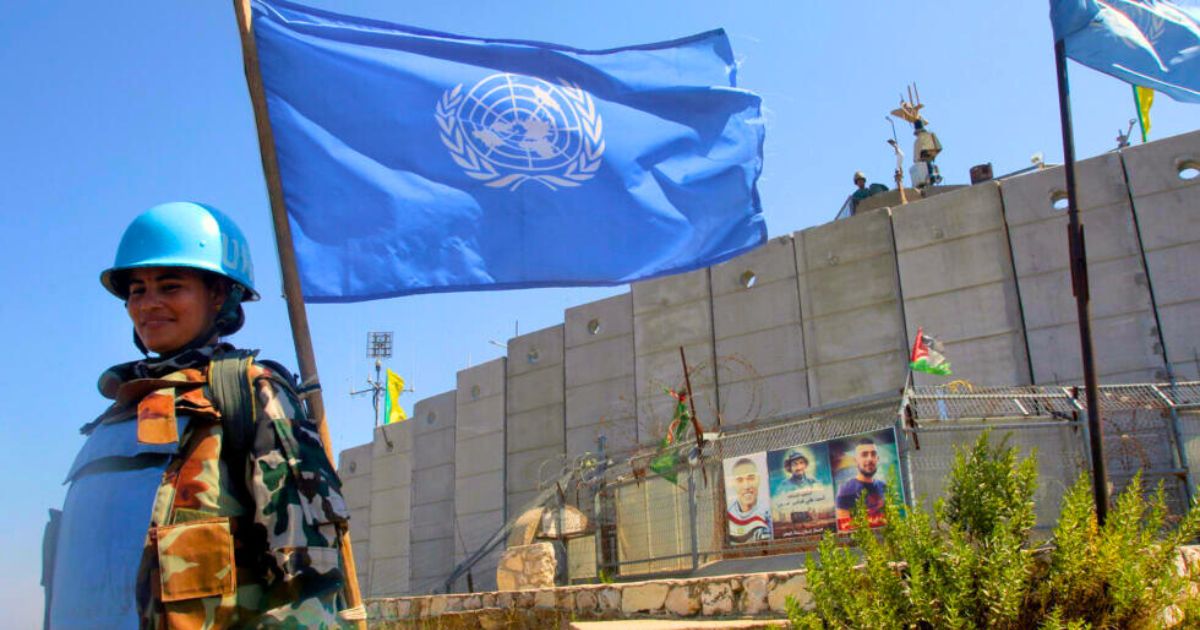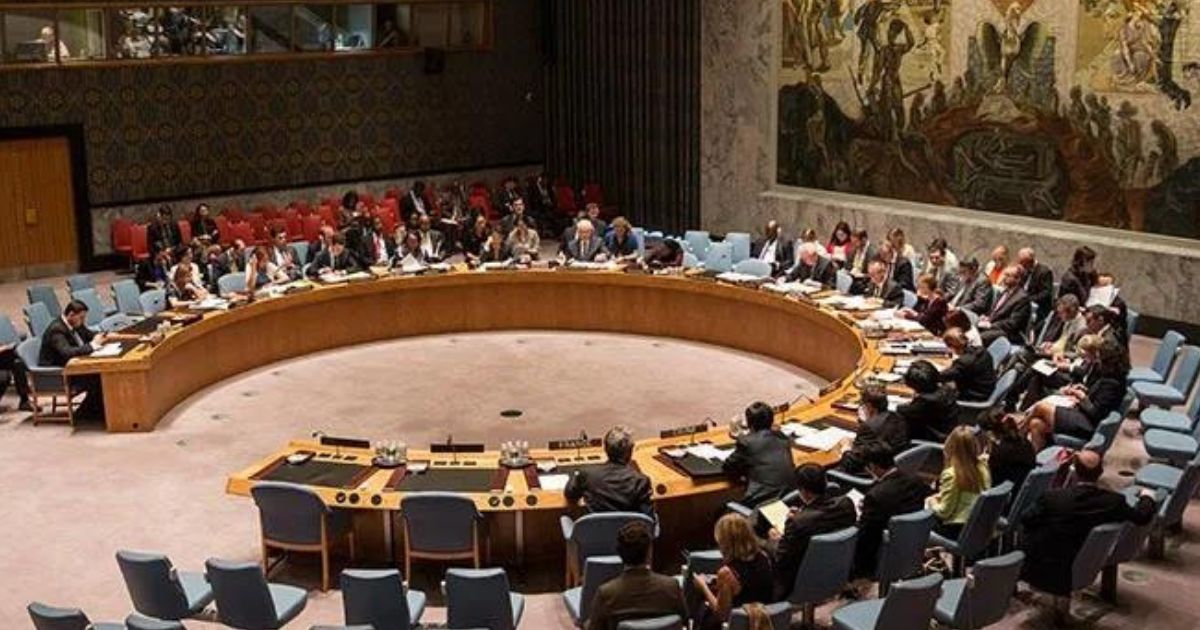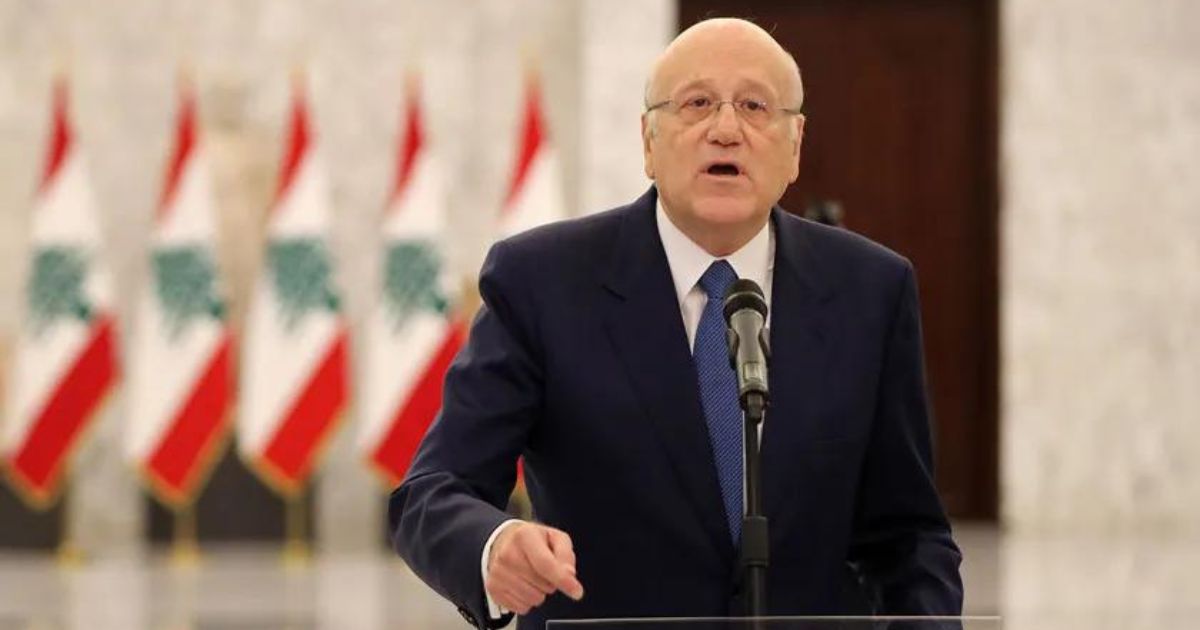Amid rising tensions on the southern Lebanese border, UNIFIL’s peacekeeping mission has been extended once again, albeit with some minor changes.
For another year, the Interim Force will continue operating in South Lebanon after the UN Security Council approved a French-drafted resolution that expands UNIFIL’s mandate.
What’s different about this resolution now is that it reduces the troop limit from 15,000 to 13,000. Additionally, it presses the Lebanese government to allow UN investigators to access areas north of the Blue Line.
It urges Lebanon to provide “prompt and full access” to these sites, which include tunnels extending from Lebanon, across the border, into occupied Palestine.
The resolution mentions the freedom of movement for peacekeepers to all parts of the Blue Line that had previously been denied to UNIFIL.
On that note, the new resolution also condemns, “in the strongest terms,” the previous attempts from the Lebanese side to restrict this freedom in some cases, as well as the attacks on UNIFIL personnel in southern Lebanon.
In June, UN Secretary-General Antonio Guterres said that the peacekeeping force needed to be “more agile and mobile,” and advocated the improvement of its surveillance capacity through the provision of advanced equipment.
It’s worth noting that by granting UNIFIL access to the aforementioned areas, the UN Security Council resolution disregarded Lebanon’s call for the extension of the peacekeeping mission without any changes to its mandate, which is what the US and Israel had conversely been requesting.
Since the end of the 2006 conflict between Lebanon and Israel, UNIFIL has “successfully implemented its mandate … and has allowed for maintaining peace and security,” the UN resolution read.
Incidentally, peace and security in Lebanon were threatened recently when the Israeli military fired over 200 shells into Lebanese territory, alleging that the attack came in response to shots fired at its troops from Lebanon.
The army later announced that it had attacked Hezbollah observation posts near the border.















